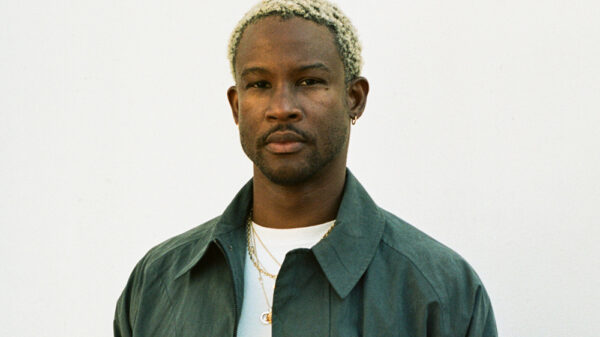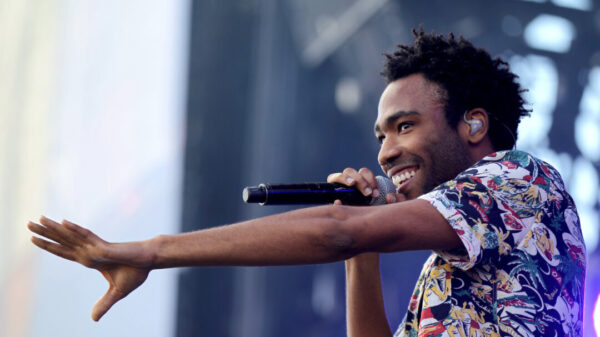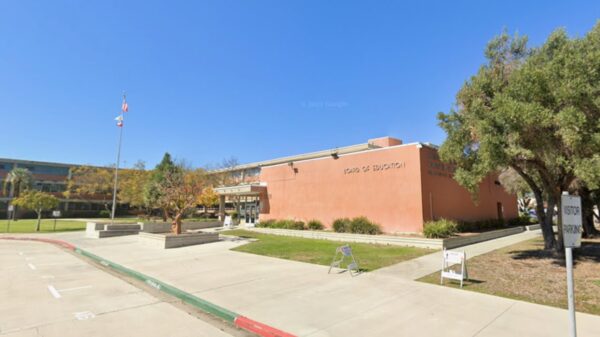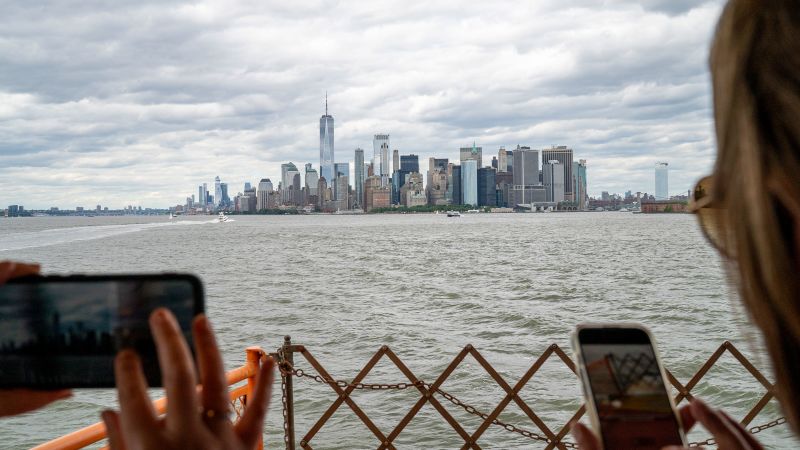President Donald Trump made a contentious statement during a recent Cabinet meeting, warning that he could take control of New York City if it elects a “communist” mayor in the upcoming elections. His comments were aimed at Zohran Mamdani, the Democratic nominee, whom Trump characterized as a representative of the “radical left.” Although Mamdani identifies as a democratic socialist, Trump’s rhetoric reflects a broader strategy to frame the Democratic Party as having been overtaken by extreme ideologies.
Trump’s remarks included strong language, referring to Mamdani as “a man who’s not very capable, in my opinion, other than he’s got a good line of bullsh*t.” This is part of a pattern of aggressive political attacks from Trump, reminiscent of his earlier unfounded claims about former President Barack Obama‘s citizenship. Trump’s assertion that Mamdani, a naturalized citizen, might be in the United States illegally lacks any supporting evidence.
The implications of Trump’s comments raise concerns about the potential overreach of presidential power. According to Elizabeth Goitein, an expert on presidential authority at the Brennan Center for Justice, there is no constitutional basis for the president to “run” a city. Goitein highlighted the 10th Amendment, which reserves powers not explicitly granted to the federal government to the states. “There’s no emergency power that allows the president to take over a city,” she stated, especially not as a form of retaliation for electoral outcomes that he opposes.
While Trump has consistently tested constitutional limits during his presidency, including attempts to reinterpret the 14th Amendment regarding birthright citizenship, the courts have often served as a check on his administration. Goitein pointed out significant judicial decisions that have limited Trump’s authority, such as the courts blocking his efforts to expedite deportations without due process.
Trump’s administration reportedly considered invoking the Insurrection Act to deploy federal troops for law enforcement in cities like Los Angeles, although they ultimately opted for more recent legal frameworks to justify federal control over state National Guard units. This situation underscores the complexities of federal authority versus state autonomy.
There is no historical precedent for a president taking control of a city based solely on election results. Goitein noted that the deployment of federal troops during the Eisenhower administration in Little Rock, Arkansas, was in direct response to a Supreme Court order, contrasting sharply with the notion of retaliating against a city for electing a mayor whose policies conflict with the president’s views.
In addition to threatening New York City, Trump has suggested that he could also take over Washington, D.C. This idea is complicated by the constitutional status of the nation’s capital, which has a unique governance structure. While Congress granted self-governance to Washington residents in 1973, Trump has criticized the city’s current state, labeling it “a nightmare of murder and crime.”
Historian Tim Naftali, a former director of the Nixon Presidential Library, pointed out that Richard Nixon supported self-governance for D.C. residents, believing they could best govern themselves. This view contrasts sharply with Trump’s approach, which appears dismissive of local governance.
The law Nixon signed allowed Washingtonians to elect their first mayor in 1974. Recent proposals from conservative lawmakers, such as the “BOWSER Act,” seek to undermine this self-governance by increasing federal control over D.C. governance. This legislation is seen as a direct challenge to the autonomy of the city’s elected officials.
Amid these threats, Trump has aligned himself with D.C. Mayor Muriel Bowser on specific issues, such as the reconstruction of RFK Stadium for the Washington Commanders. Although the project is currently stalled, Trump has expressed a desire to work with Bowser on improving the city, reflecting a complicated relationship between local and federal leadership.
Political scientist Domingo Morel from New York University highlighted the troubling history of state interventions in local governance, often targeting cities with significant minority populations. Morel suggested that Trump’s statements convey a message to New Yorkers that their electoral choices may be disregarded by the federal government if they don’t align with his preferences.
As New York City prepares for its upcoming mayoral election in March 2024, the implications of Trump’s rhetoric will likely resonate with voters. The presence of high-profile candidates, including current Mayor Eric Adams and former Governor Andrew Cuomo, complicates the electoral landscape. Meanwhile, Trump’s threats serve as a reminder of the ongoing tensions between federal and local governance, raising critical questions about the nature of democracy and representation in the United States.








































































